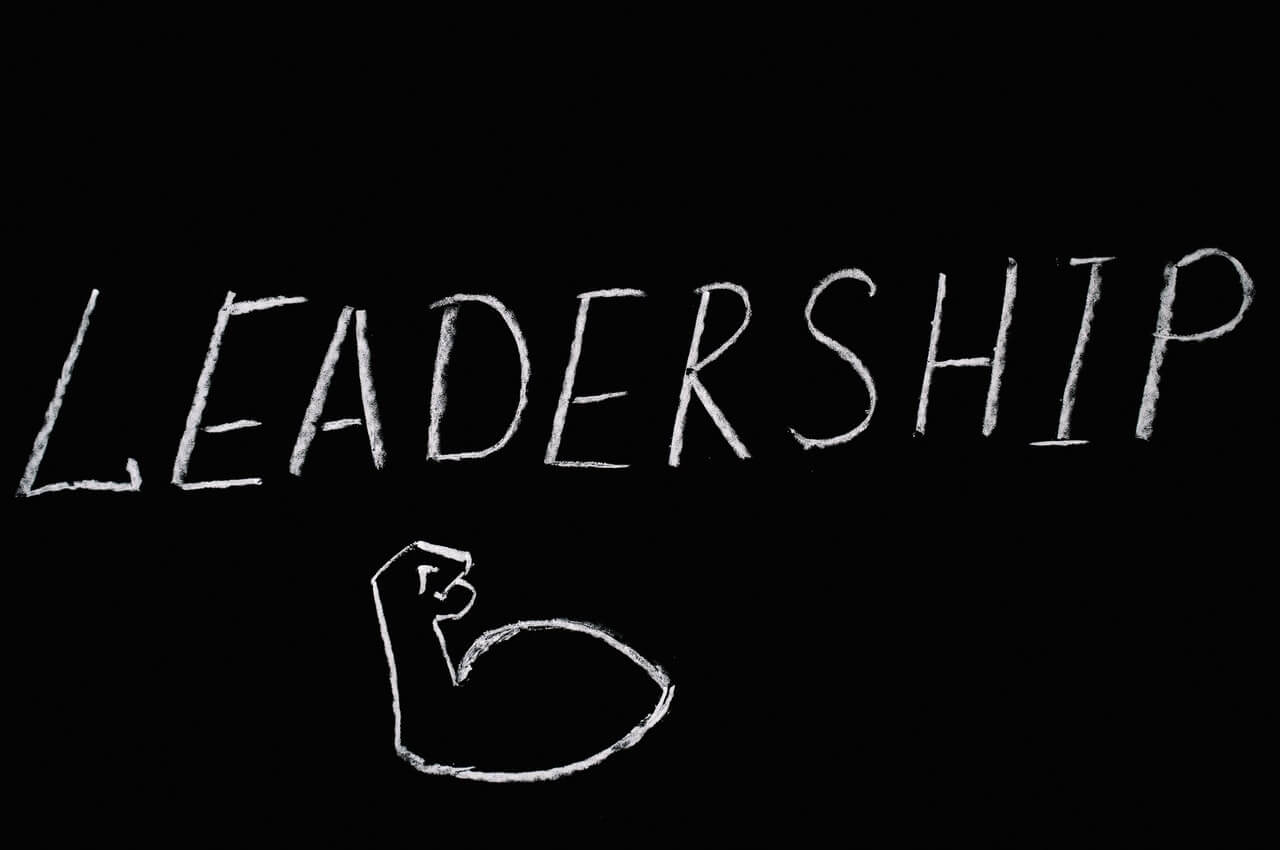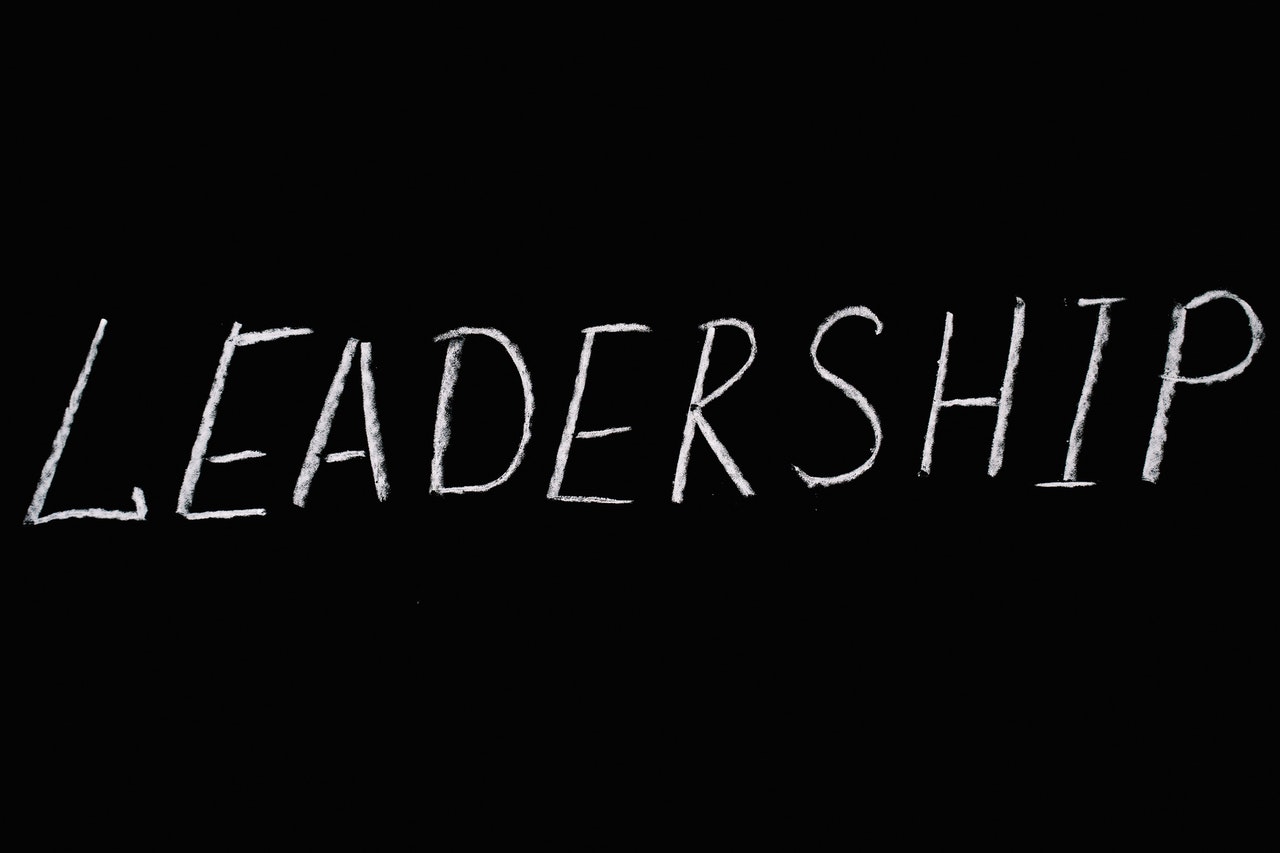Leadership and the Quest for Meaning
Gurnek Bains and his colleagues at YSC Consulting have written a book called Meaning Inc: The Blueprint for Business Success in the Twenty First Century. In it they argue that it is critical for leaders to create organizational cultures that have meaning and are meaningful for team members. This blog entry looks at the four primary challenges (or qualities) that the authors believe leaders will face in their attempts to create meaningful work cultures.







